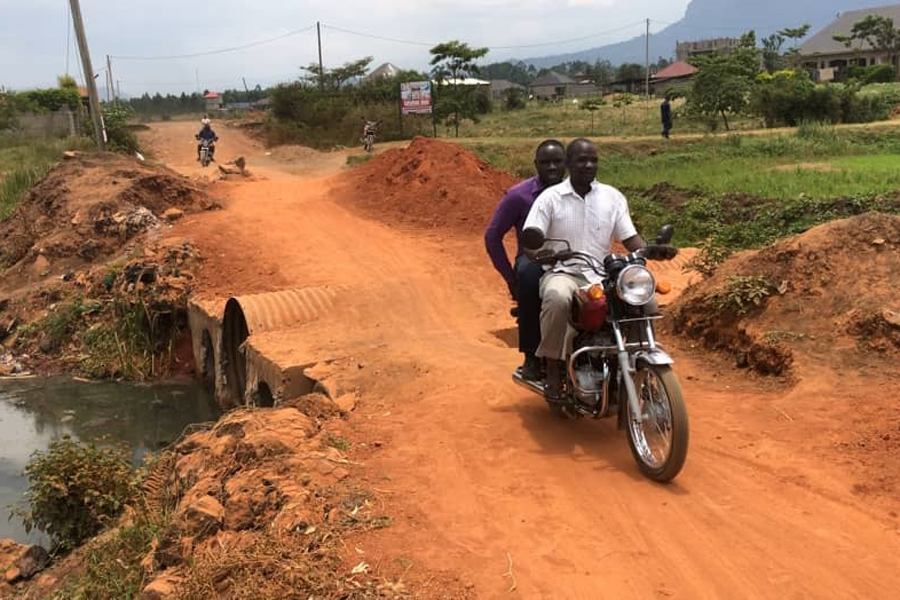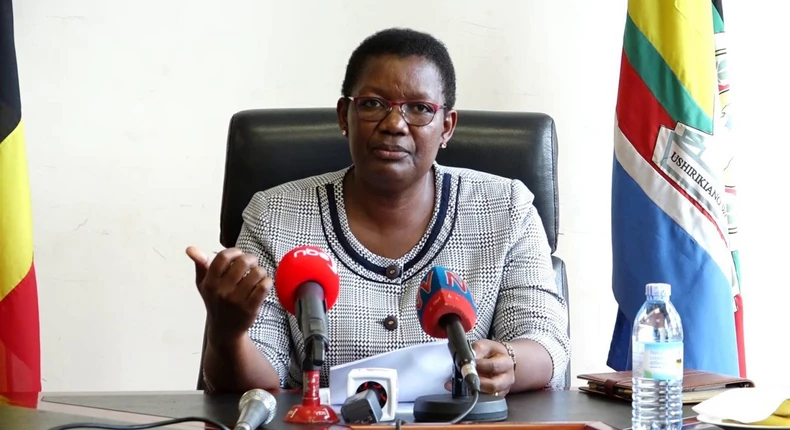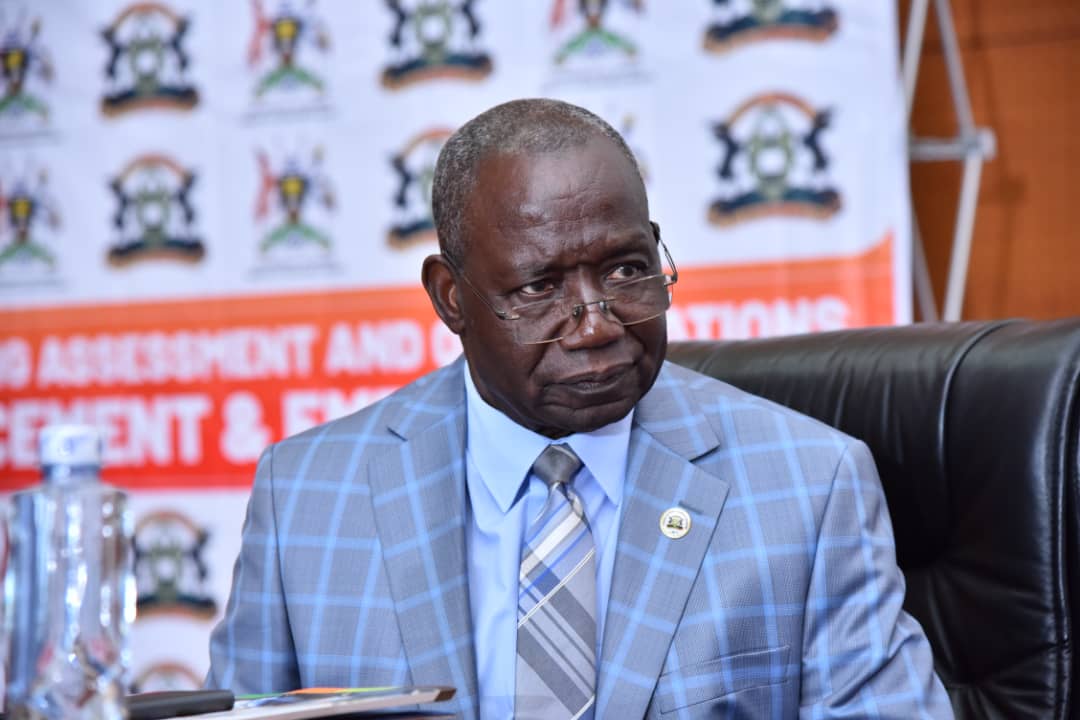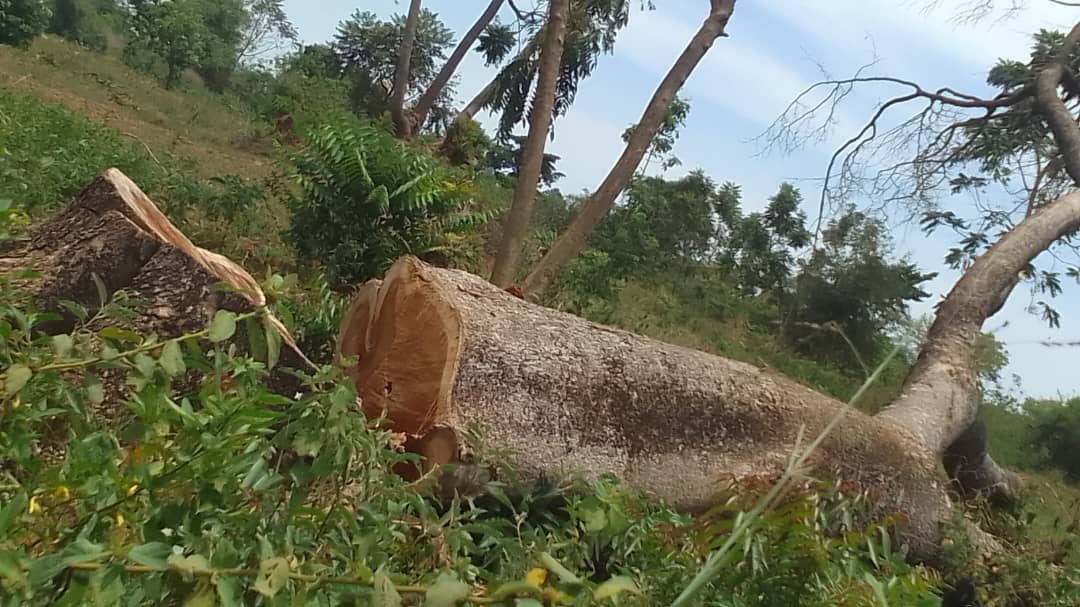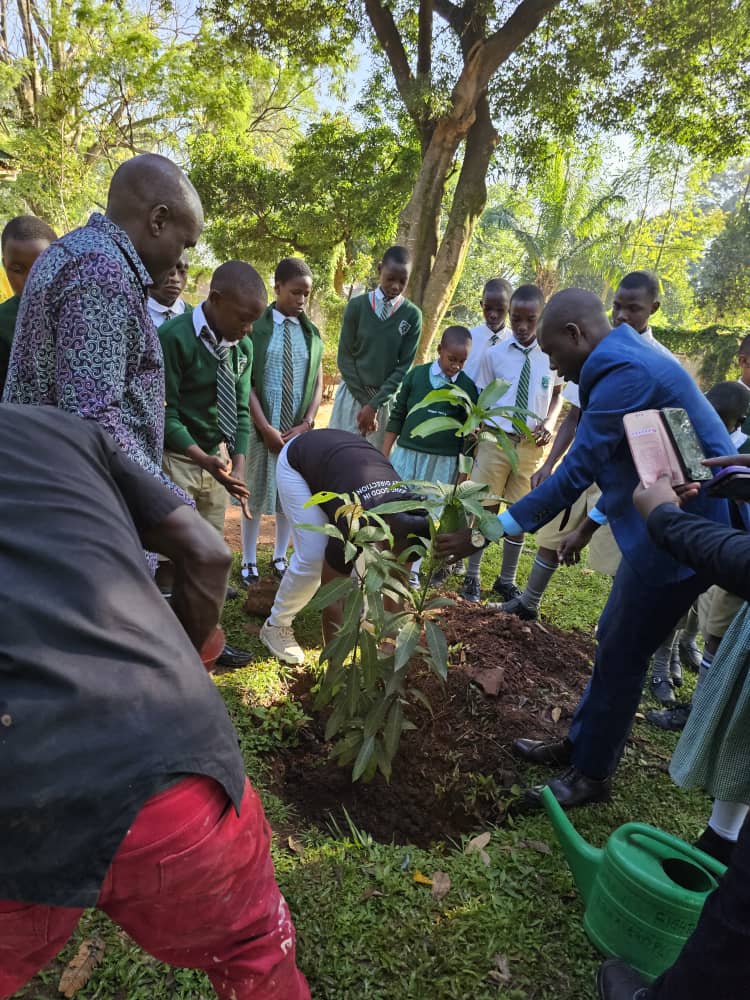The strategy we need to beat hunger in Africa in the 21st century
By MACLEAN ATUHAIRE
Ensuring food security-the basic right of people to food they need- is one of the greatest challenges facing the world community. The challenge is most critical in low-income and food deficit countries. Of the 86 countries that are defined as low-income and food deficit, 43 are in Africa.-FAO reports. This is 50% of the entire world’s population not being able to access nutritious food that they need for sustainable growth bearing in mind; most African countries have the most fertile soils and favorable climate in the world for any type of crop growth. Agriculture is who we are as Africans, it is what our forefathers have been doing, it is the backbone of the Africa’s economies and amidst the urbanization and the technological developments, we need to slow down, and address such an issue that should be a ‘GONE CASE”.
Keep Reading
Being a national of a low-income country, a number of reasons have hindered the accessibility of nutritious food by the majority of the population but yet I know Africa has great potential to feed its people to a greater extent and beyond;
Full utilization of the fertile land- In 2011, the World Bank estimated that sub Saharan Africa had 200m hectares of suitable land that was not used for crop growth. This could have been because of a number of reasons such as rural-urban migration. If only we had utilized such an abundant resource to grow as much as we could, countries like SOMALIA and SOUTH SUDAN wouldn’t have been declared hunger and famine stricken in 2011-2012 and 2017 respectively.
Encouraging extensive research in the agricultural sector-agriculture in Africa in the south of the Sahara is at tipping point-IFPRI. New researches in the agricultural industry such as the on-going Cassava Whitefly project research in Uganda where this white fly has frustrated cassava production in nine East and Central African countries leading to loss for the farmers and unavailability of enough cassava; a staple in most African countries. The sustainability of maize production in Kenya research has enabled Kenya to curb stubborn maize pests and improving fertility of the soils through researches on crop rotation and mulching. Kenya has gradually reduced on maize importation from Uganda a strategy all African countries should be adapting to thus being able to avail as much food as necessary to sustain the population.
Improving on the infrastructure in most African countries- most of the food grown in Africa is from the rural arrears with poor road structures and storage mechanisms. This frustrates the whole chain of supply right from the farmer deep in the rural area to the final consumer making food prices and mere food accessibility a nightmare. Solving this issue would start on an individual basis from investing in the Agri-storage facilities to governments just constructing or reconstructing one road every three months. This minimal effort would gradually change not only food sector through curbing losses from bad storage facilities to easing transportation and accessibility of food.
Waiver of taxes and border barriers on food commodities in the continent – Most of the African countries have tried as much as possible to ensure a free-trade Africa is realized from the AFRICAN FREE TRADE ZONE (AFTZ) that was announced by Africa’s heads of state on 22 October 2008. This however, has had its own short coming from closure of borders between some countries and high taxes but nevertheless, it has eased accessibility of food at an affordable price to most regions of the continent to an extent that has to be improved
Value addition in agricultural produce through improved technologies and facilitating innovations- Africa is ranked to be the highest food producer in the world because of its fertile soils and favorable climates for most of the food crops. Agri-tech has grown by 110% since 2016 but with the poverty, remoteness and illiteracy that have held Africa hostage have hindered the adoption to these new technologies. The African governments need to try as much as they can to avail as much information they can get to these farmers to better the quality of their produce. With surplus food at hand, most of it is exported then processed and imported back. As Africans with a patriotic mindset, these new innovations start with us, from the simplest like smoking fish to preserve to putting up billion dollar facilities, we need to feed Africa at whatever cost.
Advocating for a politically stable Africa- countries like South Sudan have been in turmoil since formation with over seven million people in need. The result has been a food crisis that has seen 9,000 people losing access to food every day. This is where we need to call upon all the African leaders to quickly address issues in their countries such as spikes of violence and advocate for democracy. It is very absurd that only 8 of the 44 countries in Sub Saharan Africa included in the Democracy index were classified as fairly democratic. This means there is a real risk of relapse that will affect or is affecting the African economies.
Encouraging a comprehensive shift in farming practices-agriculture in Africa has always been deeply dependent on weather with famers in need of a great mixture of rain, sun and warmth to sustain the growth of crops, that all of humanity depends on for survival. With the new era of urbanization, global warming has become a world battle we seem not to be winning soon. This has greatly affected the farms to extremes such as massive deaths of livestock in South Africa in 2015. Farmers in the sub Saharan region particularly depend on the rain for agriculture instead of adapting to modern mechanisms such as irrigation. If we provided our farmers with trainings on better farming methods and offering quality seeds and agriculture insurance policies such as The Agriculture Insurance Scheme (UAIS) in FY2016/17 in Uganda. This scheme was put in place as a pilot whose objective was to cushion farmers from risks associated with losses arising from natural disasters climatic changes would not be an issue to be discussed in the context of agriculture. If this is adopted across the entire continent, hunger and famine wouldn’t be a crisis.
Allocation of enough funds to the agricultural sector-the importance of agriculture for food and poverty reduction has been recognized by African leaders. These leaders signed the 2008 Maputo declaration allocating 10% of their national budgets to agriculture. With short comings like high levels of corruption, these funds have hardly been realized by the farmers in the deepest of arrears of the country. I call upon every African leader and those in authority to follow up on such issues because our continent depends on agriculture to a great extent.
Sensitization of the population on food values and the benefits of feeding on quality locally produced food- the western wave has taken Africa by storm in all sectors. Most of the people in Africa especially in the urban areas, and those in the developing ones have resorted to feeding on imported overly processed food stuffs. These foods are not only expensive but not non-nutritious too. Food should be eaten with an aim of attaining a nutrient from it for the sustainable growth of the population. This sensitization can start from as low as primary schools to hospitals with pregnant mothers as well as at the work place where the employees provide food for their staff.
In conclusion, it is true that most of Africa’s population live below the poverty line and are unable to afford the minimum basics such as food, but I believe we have great potential in achieving a famine free continent starting from you and me because when I look around, we actually have the resources!!!
Citations
Humanitarian crisis in South Sudan-CARE.
Technology for revolution in Africa, a forth without a third.
Tracking agricultural spending for agricultural growth and poverty reduction in Africa-ReSAKSS


